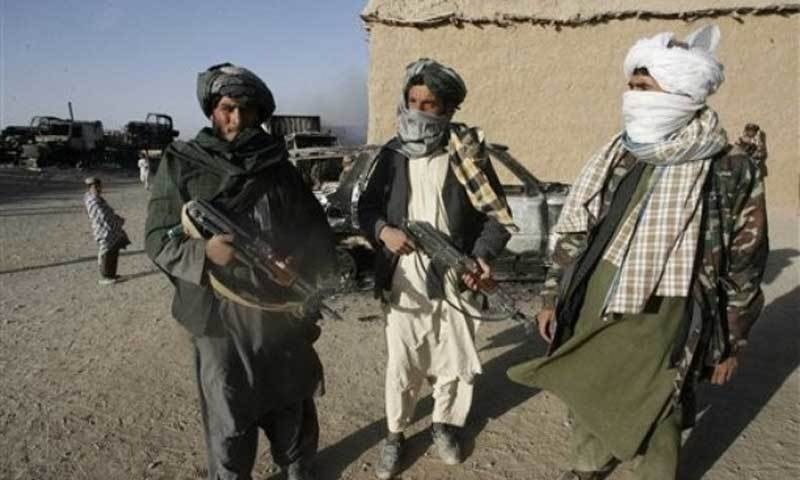KABUL: Officials of the US and Taliban are to meet in Qatar for fresh talks on Monday (today), seeking an end to 17 years of grinding conflict in Afghanistan.
Marathon talks held in Doha last month stoked hopes of a breakthrough after the two sides walked away with a “draft framework” that included a Taliban commitment to prevent Afghanistan from becoming a safe haven for international militant groups.
It was the most substantial engagement by Washington with the militants since US forces ousted them from power in 2001. But there is still no accord on a timetable for a US withdrawal or a ceasefire — both major issues on which previous efforts have foundered.
This time Washington’s special envoy Zalmay Khalilzad, who has spearheaded the months-long effort, is expected to face an expanded Taliban negotiating team headed by Sher Mohammad Abbas Stanikzai, the Taliban’s former deputy minister of foreign affairs.
Neither side has stated how long they expect the meetings to last or the details of what will be discussed.
Militants may call for removal of their leaders from travel blacklist
Analysts say this round will likely see the Taliban push for the removal of its leaders from a UN travel blacklist, matched with pressure from the US for the militants to open a dialogue with the Afghan government.
Know more: Taliban say unable to attend Pakistan talks; blame travel blacklist
“Both sides are going into this process with open minds and a sense of urgency as the weather gets warmer and fighting season draws closer,” Graeme Smith, a consultant based with International Crisis Group, said.
The Taliban have steadfastly refused to negotiate with the Afghan government, whom they dismiss as “puppets”. They have also stated that without a withdrawal timetable further progress is “impossible”.
US President Donald Trump’s apparent eagerness to end America’s longest war, the Afghan government’s fear of being sidelined, and the coming of spring all weigh heavily on the process.
Also read: Blow to morale — Afghan forces worry about US withdrawal
“Eyes are on the Taliban to see if they are capable of compromising,” said analyst Michael Semple. “Can they come up with a sufficient compromise to agree to a formula for an intra-Afghan dialogue that absolutely involves the current Afghan government?”
Khalilzad, he added, “has stirred up the peace process in a way that nobody over the previous two decades had”.
US-Taliban talks: As hopes rise of a deal, what comes next?
The gathering momentum has spurred fresh peace demonstrations and cautious hope in Afghanistan.
But there is also growing unease, with fears the government is being pushed aside and that progress which many Afghans have paid for with their lives could yet be undone if the US rushes for the exits.
Women’s groups and civil society organisations have warned that a speedy withdrawal or lenient deal with the Taliban could pave the way for a return of their strict rule, or an even bloodier civil war.
Many watched in amazement earlier this month as Taliban militants shared meals and prayers with Afghan political leaders, including presidential contender Mohammad Atta Noor and former president Hamid Karzai, in Moscow.
But not one representative from the current administration of President Ashraf Ghani was present at the informal talks, deepening the sense of anxiety.
Pakistan, Qatar, Saudi Arabia and the United Arab Emirates are also playing a role in negotiations, as Russia and China watch closely, and many observers fear regional disputes could yet derail the process.
Published in Dawn, February 25th, 2019














































